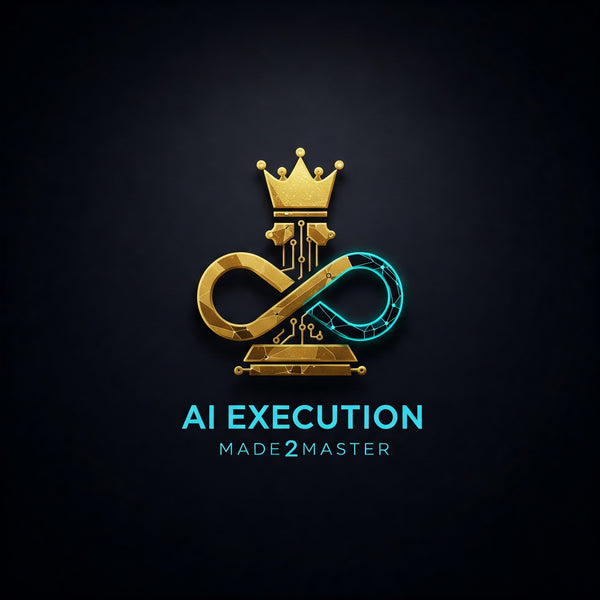The Dark Side of Automation and Job Displacement: Are We Prepared for the Workforce of the Future?
Automation & the Future of Work: Will We Be Left Behind?
As we step into an increasingly automated world, millions of jobs across industries are being replaced by machines and algorithms. While the promise of technological progress often includes greater efficiency, the rapid development of artificial intelligence (AI) and robotics presents significant challenges.
The threat of massive job displacement has sparked a global conversation: Are we truly prepared for the workforce of the future? And if not, how can we ensure that automation serves humanity—not the other way around?
The Unstoppable Rise of Automation
Automation isn't new. From the Industrial Revolution to the digital age, innovation has always displaced workers. What’s different today is the speed and scale of change. Roles once considered stable—drivers, clerks, retail workers—are now at risk.
A 2019 McKinsey report estimated that up to 800 million jobs could be displaced globally by 2030. This is not a future problem—it’s already here.
The Impact on Jobs and Inequality
While businesses benefit from automation through higher productivity and lower costs, workers are left behind. As low-skill jobs vanish, demand rises for high-skill tech roles—creating a growing divide between the AI literate and the left behind.
If education systems fail to evolve, automation could deepen inequality, locking millions in cycles of poverty while the elite accelerate ahead.
Preparing for the Future of Work
The solution lies in education, reskilling, and human-focused innovation. Governments, companies, and educators must build programs that empower displaced workers with AI-proof skills—like emotional intelligence, creativity, and critical thinking.
Some also propose Universal Basic Income (UBI) to ease the transition. By offering a safety net, UBI can provide the breathing space needed for people to retrain or innovate.
Final Thought: Will Automation Serve the People?
AI isn’t going away—but we can decide how it’s used. Will automation concentrate power and wealth? Or will we use this revolution to create a future where work is redefined, not erased?
That future depends on whether we choose to invest in human capital as much as we invest in machines.
Explore the AI Domination Suite


